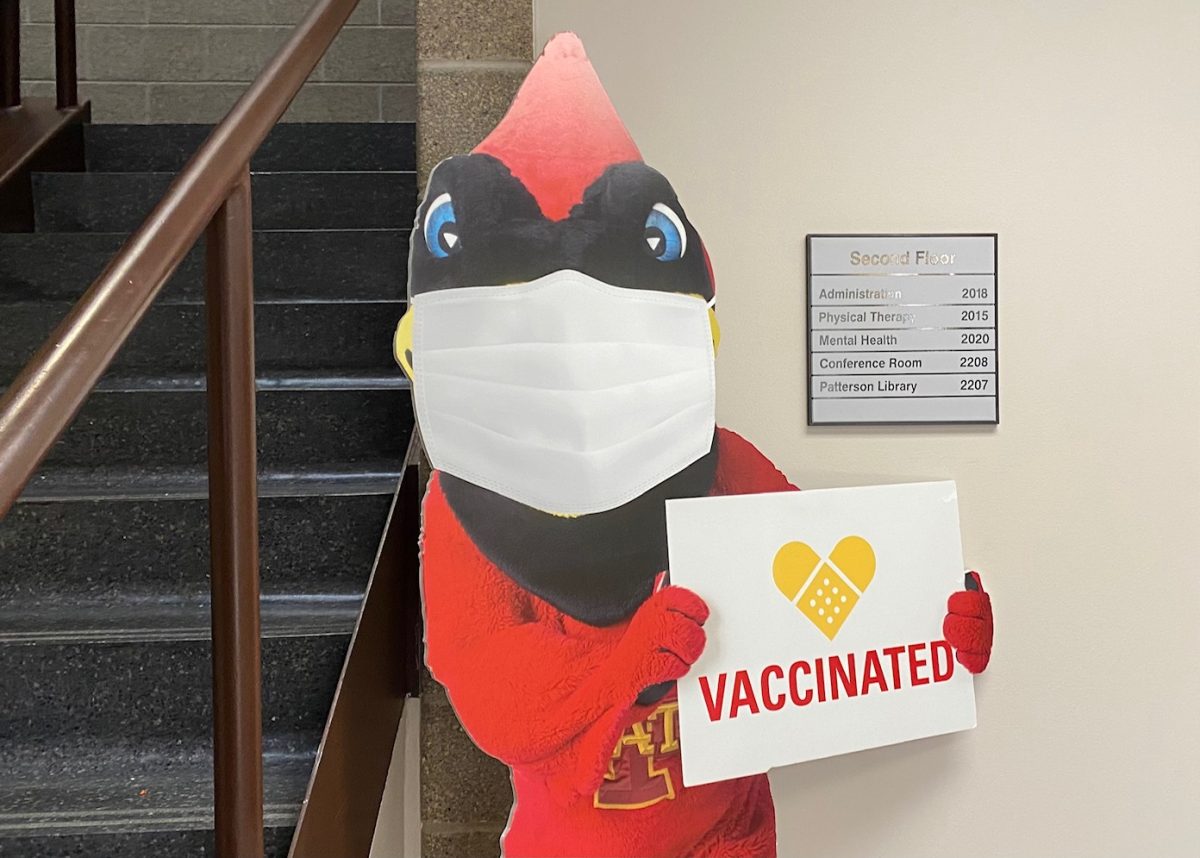Nontraditional students ‘cautious’ about loans
November 10, 1999
Signing on the dotted line isn’t always that easy for some students.
When it comes to signing for a loan, Iowa State’s nontraditional students are “very cautious,” said Penny Rosenthal, director of Off Campus and Adult Student Services.
Students ages 25 and older tend to “be much more cognizant about loans and more apprehensive” about signing for them than traditional students who come to ISU right out of high school, she said.
In the attempt to alleviate some of that financial stress, Off Campus and Adult Student Services, in conjunction with the Student Financial Aid Office and the Financial Counseling Clinic, offered two financial planning workshops Friday and Saturday in the northwest study lounge at the Memorial Union.
Rosenthal said there are several factors that make finances such a stressful concern for adult nontraditional students.
For example, the situations under which adult students have come back to school might have already put them in a frustrated state of mind, she said.
Rosenthal said some students come back because they choose to continue their education, while others are “forced” to come back because they’ve lost their jobs or the career fields they’ve chosen now require bachelor’s degrees.
Also, Rosenthal said the family situations of adult students can add to their financial burden, making life more stressful.
“Some are caring for elderly parents, and some may have children,” she said.
Rosenthal added that for nontraditional students, “learning to balance their money is the beginning of understanding the new role they’re in at the university.”
Deb Burdick, assistant director of the Student Financial Aid Office, said maintaining an independent lifestyle is crucial to adult students.
“In most cases, these students have made dramatic lifestyle changes,” she said. “Those students have to look very closely at their budgets.”
Nontraditional student Dennis Crowe had to re-evaluate his budget when he came to ISU as a transfer student from Des Moines Area Community College.
Crowe, junior in pre-business, said he has been living entirely on grants, student loans and scholarships since 1997.
“When I get out, I know I’ll be about $40,000 in the hole,” he said.
Crowe’s financial situation became more stressful this past year when his father was put into a nursing home, he said.
Because he didn’t want his father’s house to “sit empty,” Crowe moved into the house in Ankeny. Now, he’s dealing with that mortgage on top of his other expenses.
“You sign into a [life] of poverty when you go back to school,” he said. “My relatives haven’t got more than $5 in gifts from me in the past two and a half years I’ve been in school.”
Wendy McDermott, junior in liberal studies, said the key to coming back to school as an adult student is planning ahead.
McDermott left a job where she was earning $60,000 a year to come back to school.
Also, as a wife and mother of two, McDermott said “some of the extra things we used to do, we’re just not able to do right now. But it’s only temporary. It’s definitely a change, but you prove to yourself that you can do it.”
Burdick said several free services are available to all students in order to help them maintain as much independence as possible while going to school. She suggested that students, both nontraditional and traditional, start by making an appointment with a counselor in the Student Financial Aid Office.
Also, students can receive help from the Department of Human Resource Services and the Financial Counseling Clinic.






